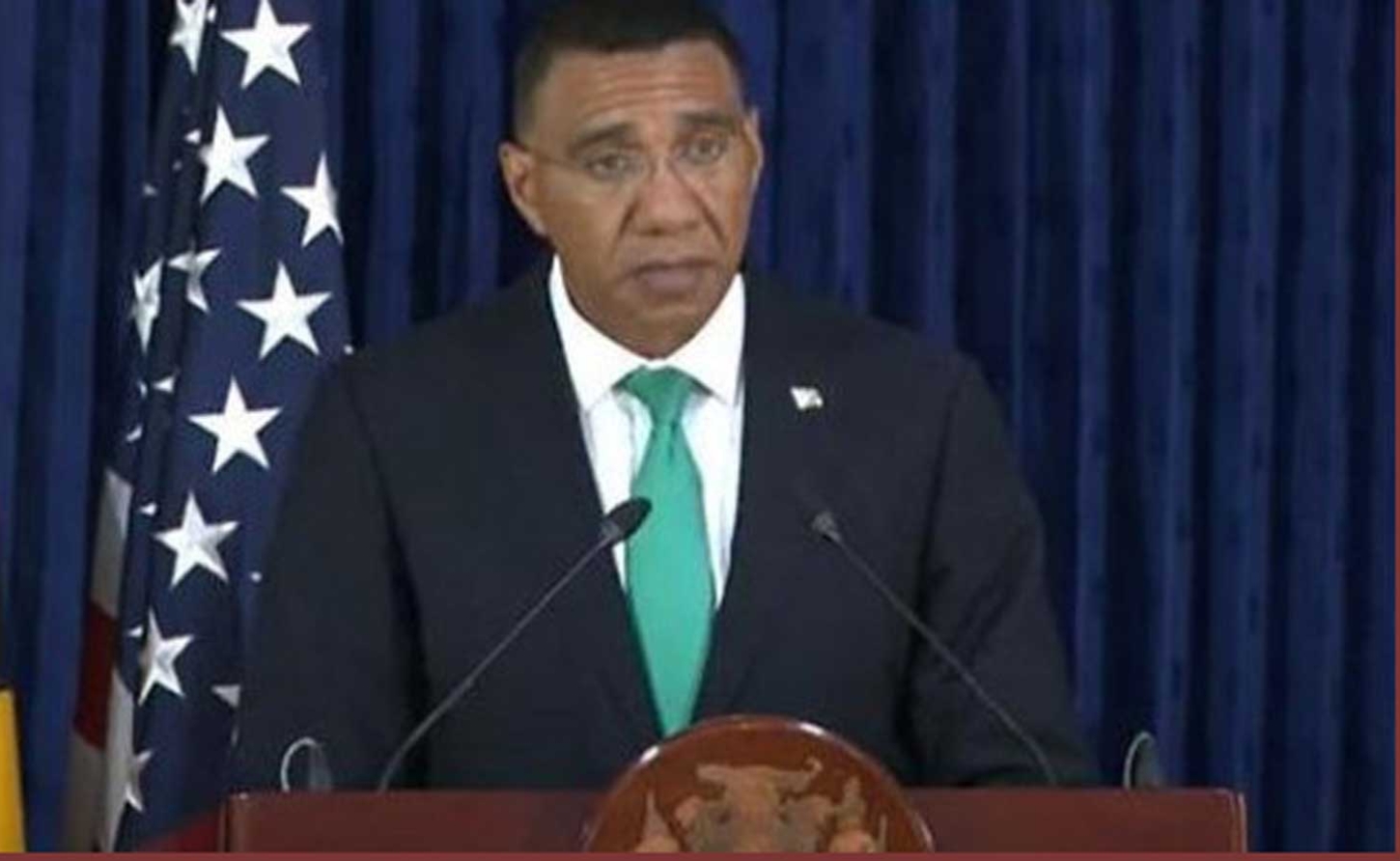JAMAICA Stands Firm Against U.S. Push to End Cuban Doctors Program

KINGSTON, Jamaica — In a diplomatic tug-of-war that underscores tensions between regional healthcare needs and U.S. foreign policy, Jamaica firmly rebuffed U.S. Secretary of State Marco Rubio's campaign to dismantle a program bringing Cuban doctors to Caribbean nations.
Despite mounting pressure from the Trump administration, Jamaican Prime Minister Andrew Holness made it clear on Wednesday that the island nation has no intention of severing ties with a medical partnership it considers vital to its healthcare system.
"Let us be clear, the Cuban doctors in Jamaica have been incredibly helpful to us," Holness declared during a joint news conference with Rubio, drawing a line in the sand between Jamaica's healthcare sovereignty and Washington's ideological battle with Havana.
The diplomatic standoff unfolded on the sidelines of a Caribbean summit partially focused on addressing the crisis in violence-plagued Haiti.
While Jamaica pledged to support the Trump administration in what Holness described as a "global war on gangs," the Prime Minister made it abundantly clear that cooperation has its limits.
At the heart of the dispute lies a program that has dispatched approximately 400 Cuban medical professionals to Jamaica, filling critical gaps left by the emigration of local healthcare workers.
For cash-strapped Cuba, these medical missions represent a significant revenue stream, with the island nation sending over 22,000 medical professionals to 57 countries in 2023 alone. Cuban official figures indicate the program generated $6.3 billion in 2018 and $3.9 billion in 2020, partly through oil exchanges with Venezuela.
The Trump administration, led by Cuban-American Rubio, announced last month that it would bar visas for foreign government officials who assist the program, which Rubio characterized as "human trafficking" and "forced labor."
The Secretary of State has claimed that Cuban doctors are exploited, with the regime withholding their passports and salaries while collecting payments directly from host countries.
Holness pushed back against these allegations, emphasizing Jamaica's commitment to fair treatment. "We are, however, very careful not to exploit the Cuban doctors who are here. We ensure that they are treated within our labor laws and benefit like any other worker," he stated. "So any characterization of the program by others certainly would not be applicable to Jamaica."
In response, Rubio appeared to soften his stance slightly regarding Jamaica's specific implementation of the program. "Perhaps none of this applies in the way it's handled here," he conceded, promising to engage with Jamaica to develop a "better understanding" of their approach.
Nevertheless, he maintained the U.S. position against the program "in general," reiterating his view that in many cases, "the regime does not pay these doctors, takes away their passports and basically, it is, in many ways, forced labor."
Jamaica is not alone in its resistance to U.S. pressure on this issue. Earlier this month, Antiguan Prime Minister Gaston Browne sharply criticized the American position, warning that the absence of Cuban doctors would "literally dismantle our healthcare services and put our people at risk."
Meanwhile, U.S. special envoy on Latin America, Mauricio Claver-Caron, has credited Barbados with taking steps to pay Cuban doctors directly, suggesting a potential middle ground in the dispute.
The controversy highlights the complex interplay between regional healthcare needs, international labor standards, and geopolitical tensions.
Jamaica's deficit in health personnel stems largely from the migration of its own medical professionals abroad—ironically, with many heading to the United States, though Holness diplomatically avoided mentioning this fact during the press conference.
Beyond the Cuban doctors controversy, Rubio's visit focused on developing a new strategy for Haiti, where government authority has collapsed and armed groups have seized control.
While a Kenyan-led mission supported by former President Joe Biden has deployed to Haiti, troop numbers have fallen short of expectations and violence has resumed.
Holness emphasized that the priority should be a "significant expansion in resources" for Haiti's fledgling national police, suggesting that the current approach is "not necessarily moving the situation forward."
He also expressed enthusiasm about collaborating with the Trump administration on a "global war on gangs," noting "significant policy alignment" between Jamaica and the United States on this issue.
For his part, Rubio announced that the United States would provide assistance to Jamaica to combat gangs, including software, and issued a waiver to Trump's sweeping aid cuts to support the Haiti mission. He emphasized that "the United States is not getting out of the aid business," but indicated a shift in focus from funding non-governmental organizations to providing "foreign aid in a way that is strategically aligned with our foreign policy priorities."
As the diplomatic dance continues, Jamaica's stance highlights the challenging balance Caribbean nations must strike between maintaining vital healthcare services and navigating the complex currents of U.S. foreign policy in the region.
-30-
